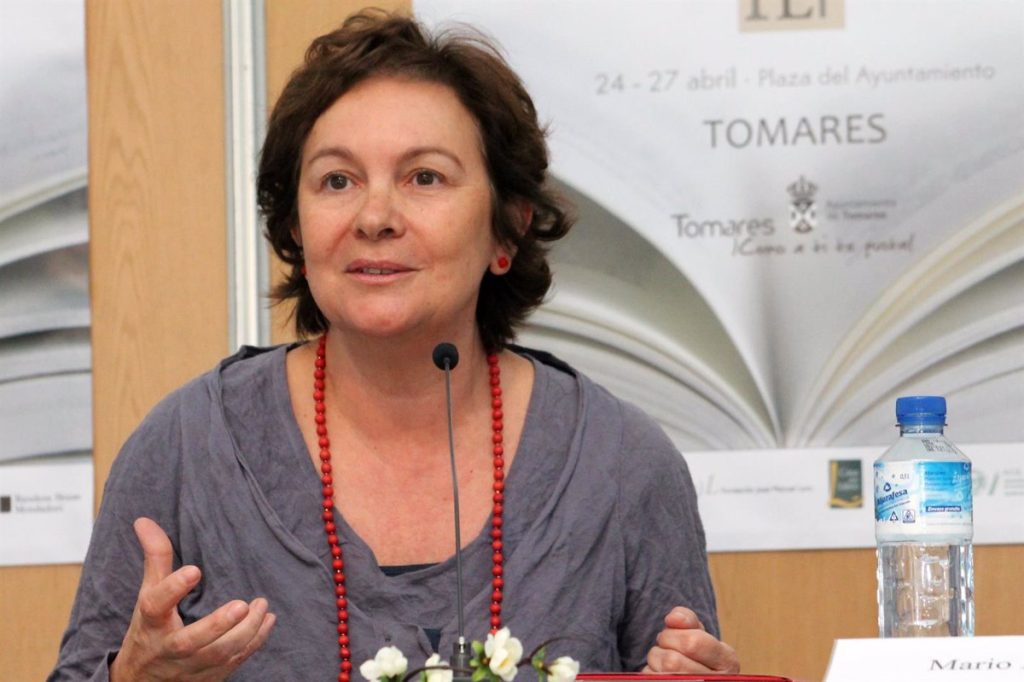
The Plenary of the Royal Spanish Academy (RAE) has chosen this Thursday the writer and philologist Clara Sánchez to occupy her chair number X, vacant after the death of the poet Francisco Brines on May 20, 2021. Her candidacy was presented by the academics Soledad Puértolas, Carme Riera and Paloma Díaz-Mas.
Sánchez has had a long career as a writer since the publication of her first novel in 1989, ‘Precious Stones’. Already then, the critics highlighted the originality and modernity of her narrative with fundamental contributions to the literature of the late 20th century.
After thirty-four years in the profession, Sánchez has been awarded the most important prizes for Spanish letters, such as the Planeta, the Nadal or the Alfaguara and has written fifteen novels. In addition, her work has been translated into several languages.
Born in Guadalajara, she has confessed her obsession with extracting the extraordinary from the ordinary, the surprising from the most routine lives. Her vital feeling, dragged from childhood, of strangeness and discomfort in the face of her life has been captured in all her novels in characters who are forced to adapt to new and untimely situations.
Sánchez is the author of the novels: ‘Precious stones’ (1989, Debate, Alfaguara), ‘The night is not different’ (1990, Debate), ‘The stranded palace’ (1993, Debate, Alfaguara), ‘From the viewpoint’ (1996, Alfaguara), ‘The mystery of every day’ (1999, Alfaguara), ‘Ultimas noticias del paraíso’ (2000, Alfaguara Award), ‘A
million lights’ (2004, Alfaguara), ‘Presentimientos’ (2008, Alfaguara, Destino), ‘What hides your name’ (2010, Nadal Award, Destino), ‘Enter my life’ (2012, Destino), ‘ The sky has returned’ (2013, Planeta prize), ‘When the light comes’ (2016, Destino), ‘The silent lover’ (2019, Planet), ‘Hell in paradise’ (2021,
Planeta) and ‘The Sins of Marisa Salas’ (2022, Garzanti, Italy; próximamente en España).
In the academic field, he graduated in Hispanic Philology from the Complutense University with a thesis, according to the RAE in a statement, directed by the professor of Spanish-American Literature of the Autonomous University, Teodosio Fernández, which dealt with the Mexican Narrative of the Wave: Gustavo Sainz, a study aimed at unraveling how the so-called Mexican “juvenilism” was plaguing narrative art and giving it an unknown freshness and irreverence.
At the Complutense, he entered the field of semantics under the baton of the academic Gregorio Salvador Caja. She was a university professor for seventeen years at UNED and has participated as a commentator, columnist and contributor to various Spanish and foreign media.
